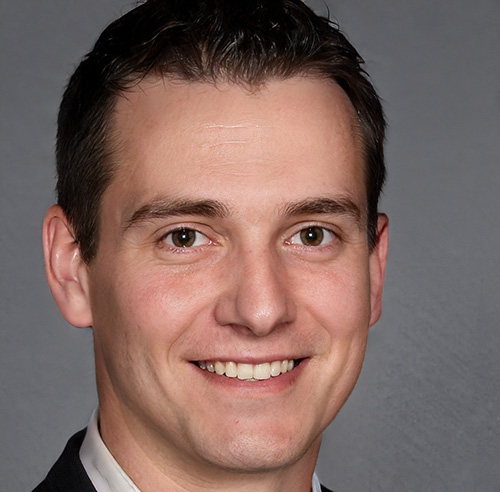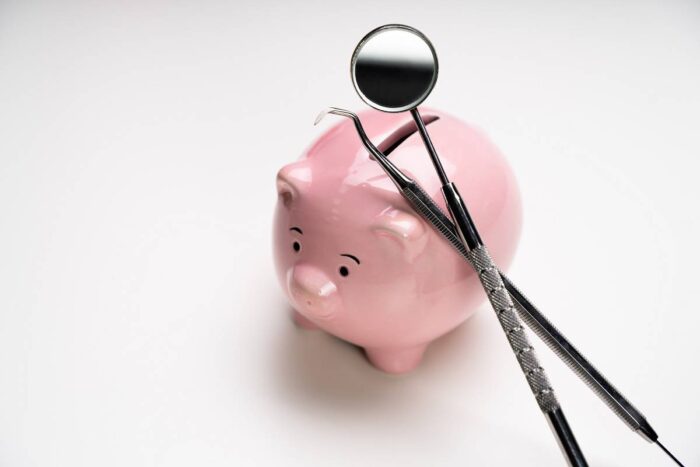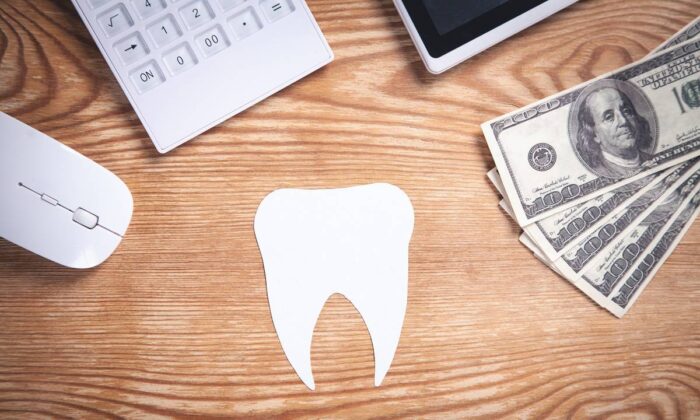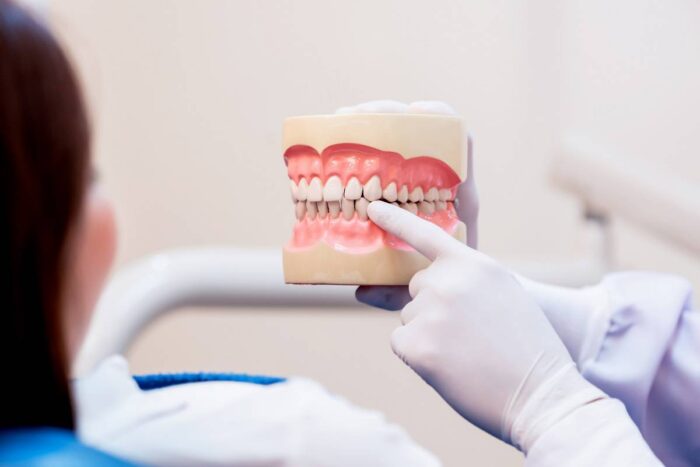Most people have difficulty paying for dental care. Fortunately, financing dental procedures is possible through a variety of dental assistance programs. For qualified patients, free dental care may even be available. Affordable dental care can be difficult to come by. However, low-cost and free dental options are available for the 76.5 million Americans who aren’t covered by any dental insurance plan.
That said, several dental assistance programs available can assist you in paying for your dental care. This blog will explore some of these options.
Financial Assistance Options For Dental Work

Getting dental care can be expensive, so it can raise concerns about how to pay for it. The good news is that there are community health centers, dental schools, and clinical trials that can provide affordable oral health care.
You may also be able to receive some degree of dental benefits if you qualify for programs like Medicare and Medicaid. However, most people report that these programs do not offer them sufficient coverage for dental care.
There are several financial assistance options available to those without dental insurance or with inadequate coverage:
- Government programs
- Dental schools
- Community centers and local resources
Government Programs
Some government programs offer dental care. Health insurance programs such as Medicare, Medicaid, and CHIP are among them.
Who Are They, And What Do They Offer?
The Centers for Medicare & Medicaid Services administers three federal health insurance programs: Medicare, Medicaid, and Children’s Health Insurance Program.
- Medicare: While this program covers healthcare for adults over 65, coverage is extremely limited and does not include dentures and routine dental care. There are, however, some Medicare Advantage plans that include dental coverage.
- Medicaid: This is available to low-income individuals and varies by state regarding what's covered and who can participate.
- Children's Health Insurance Program: Coverage of dental services from CHIP differs by state, but most states cover them for children up to age 19.
Generally, dental services are covered for those under 21 years old in most states. For older adults, services can range from basic and emergency dental care to more comprehensive services.
Dental Schools
Dentists and dental hygiene schools may offer reduced-cost fillings, cleanings, and X-rays to people who don't qualify for Medicaid benefits.
Who Are They, And What Do They Offer?
For many people, dental schools are an attractive option. In many cases, student dentists need to train, so you get dental services at a reduced rate or for free. Individuals of all income levels are usually eligible for this option. Professors supervise the students performing the dental procedures to ensure they are performed correctly.
Accessing these services ensures professional care and saves you money compared to private dental practice. These services could include all levels of dental care, from basic care like cleanings and fillings to more comprehensive care like tooth extractions and implants.
You can easily find a list of dental schools and dental hygiene schools offering these services in your state. You may need to schedule an appointment in advance. Also, it's important to inquire upfront about any fees, as they may vary by school.
Community Health Centers And Dental Clinics
Dental care is often offered at reduced rates at clinics and community health centers (CHCs).
Who Are They, And What Do They Offer?
Public dental clinics serve the needs of the local community and are patient-directed. There are a wide variety of dental clinics and community health centers throughout the country that offer free or reduced-cost dental care. Each state has numerous community health centers where dentists provide care. These health centers cover one in five people today.
Besides providing basic dental care and preventative services, these clinics provide emergency treatment and pain relief. According to your state and plan, the level of coverage can vary.
Get more information on financial assistance programs from your local or state health department. Clinics like these are funded by the Health Resources & Services Organization, which serves one in eleven Americans.
Frequently Asked Questions
To help you understand your options, we've answered some of the frequently asked questions about dental assistance programs:
The United States has several federally funded community health departments that offer free or low-cost dental care. You can find out where your local department is by visiting the HRSA.gov website.
Some free dental clinics offer preventative services (such as cleanings), while others provide advanced services like implants. If you want to find out if a clinic near you provides free implant surgery, you may directly reach out to them for accurate information.
Calling dental schools can give you an idea of whether they are accepting patients. You can ask about their services, costs, and whether they will accept your insurance.
Find Dental Assistance Programs Near You
If you are looking for dental assistance programs, check with state programs, local health clinics, or nonprofit organizations to see if you are eligible. A dental assistance program may help you pay for your dental work. Your coverage varies based on your eligibility and your procedure needs.
There are also other options for financing dental treatments, such as credit cards, community support, and negotiations. If you don’t qualify for these dental assistance options, you can try getting insurance coverage for dental work.







